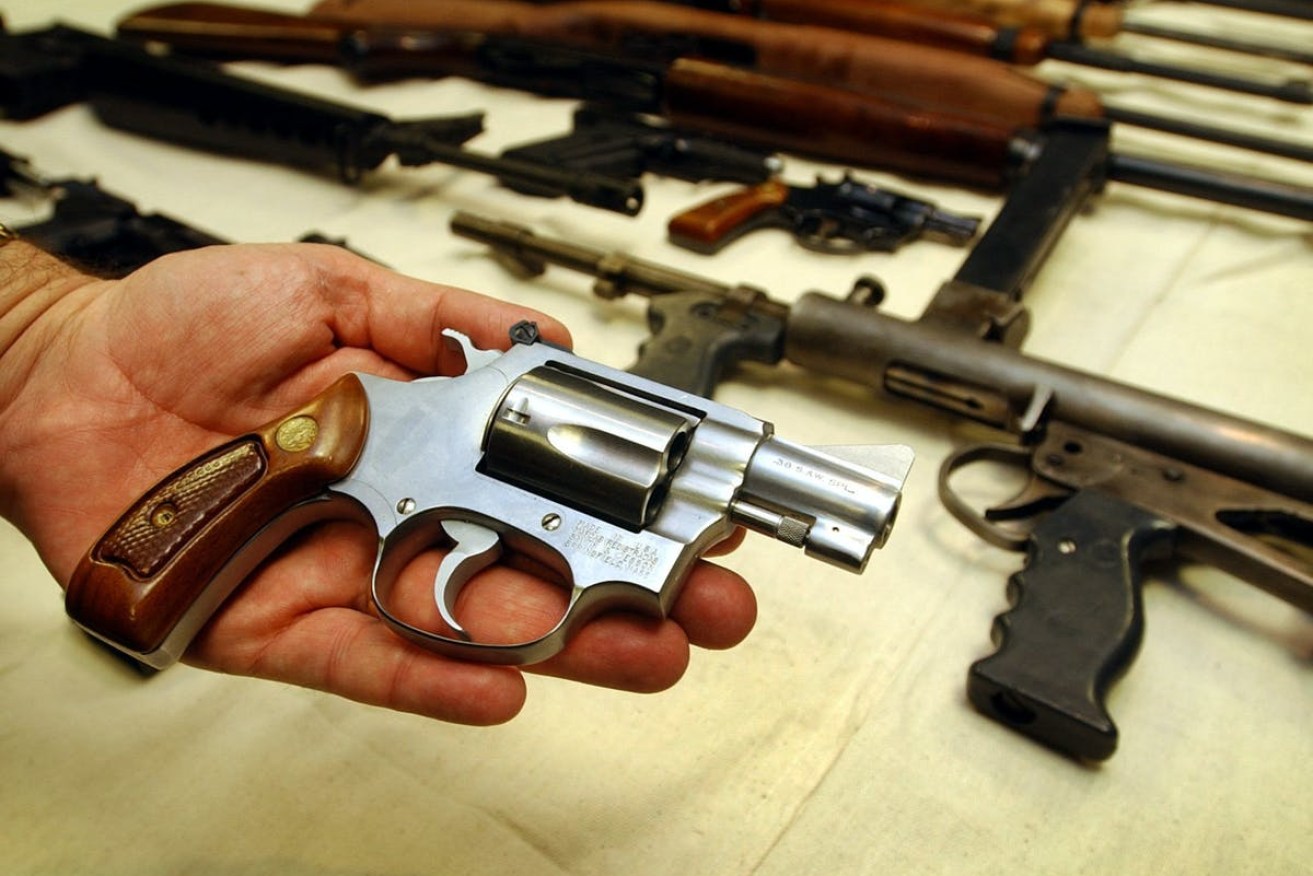Going soft on guns: Report finds ‘worrying lapses’ by police in enforcing laws
Gun owners and dealers will come under greater police scrutiny after the Queensland Audit Office warned the community was being put at risk.

Queensland police have been accused of becoming casual about enforcement of gun laws (Pic: The Conversation).
In a report tabled in State Parliament today, the QAO revealed worrying lapses and breaches in the administration of gun laws and regulations by the Queensland Police Service.
It comes ahead of the 25th anniversary next year of the Port Arthur Massacre that led Australia to embark on gun reform.1
At the end of 2019, there were 829,743 registered firearms in Queensland, with 185,742 people holding current licences. The number of licences had increased by 12 per cent, and the number of registered firearms by 17 per cent, over four years – and the number of stolen firearms each year increased by seven per cent.
The QPS has been warned it needs to take more control to prevent gun violence and an underground trade in weapons.
The QAO assessed a random selection of licences granted during the period and found some had been given to people with a history of offending behaviour but no convictions. Similarly, in assessing a selection of 55 licenses revoked during the period, the QAO found 20 people had a history of offending behaviour but no convictions “and then went on to commit offences including weapons offences, drug offences, and domestic violence”. The report argued it was not in the public interest for those people to be allowed access to guns.
“If people access firearms to harm themselves or others, if they use firearms unsafely, or if criminals gain access to firearms, the community is at risk,” the report states.
In one case, a person with a history of domestic violence, aggression towards police, and involvement in weapons and vehicle incidents was allowed a gun because there had been no convictions and police did not object to the licence being granted on public interest grounds.
“After being issued a firearm licence in 2013, the person was involved in six occurrences over three years,” the report states.
“Four of these six occurrences were domestic violence incidents where the person was named as the respondent. The last of these four domestic violence incidents resulted in the person being the subject of a temporary domestic violence order. The Weapons Licensing Unit suspended the person’s firearm licence because of the temporary domestic violence order and later revoked the firearm licence when the order become permanent.”
Not only were police found to be taking risks in granting licences, but the administration of those licences – and monitoring the location of any guns – lacked rigour. The QAO found police were slow to remove guns from people deemed unsuitable, failed to recover guns after the owner died, allowed unsuitable people to retain access to guns through a relative or associate, and allowed guns to go missing.
“For example, in July 2019, QPS seized firearms from a person with mental health concerns who had recently attempted self-harm,” the report states.
“Records in QPRIME (a police database) show that QPS seized the person’s four firearms. However, records in the firearms register show that the person still has a firearm registered in their name.”
Police have accepted the 13 recommendations from the QAO and will seek to implement the reforms over a three-year period. In a letter to the QAO, Police Commissioner Katarina Carroll acknowledged the key themes of deciding who could access guns, monitoring their access, and regulating dealers and the trade in guns.
“Finding the necessary balance between these three themes and the rights of applicants and licence holders will continue to be the focus of the QPS as action items are implemented and assessed into the future,” Carroll wrote last month.
It is unclear whether any of the reforms will require legislative amendments. The QPS response suggested the recommendations could be implemented internally.












